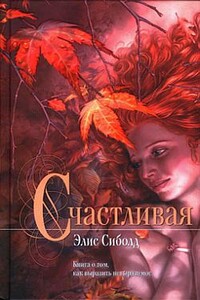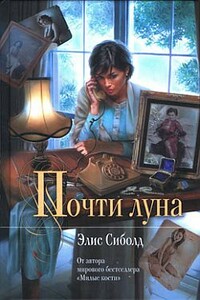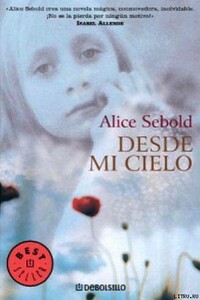My little brother’s greatest fear was that the one person who meant so much to him would go away. He loved Lindsey and Grandma Lynn and Samuel and Hal, but my father kept him stepping lightly, son gingerly monitoring father every morning and every evening as if, without such vigilance, he would lose him.
We stood – the dead child and the living – on either side of my father, both wanting the same thing. To have him to ourselves forever. To please us both was an impossibility.
My father had only missed nighttimes twice in Buckley’s life. Once after he had gone into the cornfield at night looking for Mr. Harvey and now as he lay in the hospital and they monitored him in case of a second heart attack.
Buckley knew he should be too old for it to matter, but I sympathized with him. The good-night kiss was something at which my father excelled. As my father stood at the end of the bed after closing the Venetian blinds and running his hands down them to make sure they were all down at the same slant – no rebel Venetian stuck to let the sunlight in on his son before he came to wake him – my brother would often get goose bumps on his arms and legs. The anticipation was so sweet.
“Ready, Buck?” my father would say, and sometimes Buckley said “Roger,” or sometimes he said “Takeoff,” but when he was most frightened and giddy and waiting for peace he just said “Yes!” And my father would take the thin cotton top sheet and bunch it up in his hands while being careful to keep the two corners between his thumb and forefinger. Then he would snap it out so the pale blue (if they were using Buckley’s) or lavender (if they were using mine) sheet would spread out like a parachute above him and gently, what felt wonderfully slowly, it would waft down and touch along his exposed skin – his knees, his forearms, his cheeks and chin. Both air and cover somehow there in the same space at the same time – it felt like the ultimate freedom and protection. It was lovely, left him vulnerable and quivering on some edge and all he could hope was that if he begged him, my father would oblige and do it again. Air and cover, air and cover – sustaining the unspoken connection between them: little boy, wounded man.
That night his head lay on the pillow while his body was curled in the fetal position. He had not thought to close the blinds himself, and the lights from the nearby houses spotted the hill. He stared across his room at the louvered doors of his closet, out of which he had once imagined evil witches would escape to join the dragons beneath his bed. He no longer feared these things.
“Please don’t let Daddy die, Susie,” he whispered. “I need him.”
When I left my brother, I walked out past the gazebo and under the lights hanging down like berries, and I saw the brick paths branching out as I advanced.
I walked until the bricks turned to flat stones and then to small, sharp rocks and then to nothing but churned earth for miles and miles around me. I stood there. I had been in heaven long enough to know that something would be revealed. And as the light began to fade and the sky turn a dark, sweet blue as it had on the night of my death, I saw someone walking into view, so far away I could not at first make out if it was man or woman, child or adult. But as moonlight reached this figure I could make out a man and, frightened now, my breathing shallow, I raced just far enough to see. Was it my father? Was it what I had wanted all this time so desperately?
“Susie,” the man said as I approached and then stopped a few feet from where he stood. He raised his arms up toward me.
“Remember?” he said.
I found myself small again, age six and in a living room in Illinois. Now, as I had done then, I placed my feet on top of his feet.
“Grandaddy,” I said.
And because we were all alone and both in heaven, I was light enough to move as I had moved when I was six and he was fifty-six and my father had taken us to visit. We danced so slowly to a song that on Earth had always made my grandfather cry.




